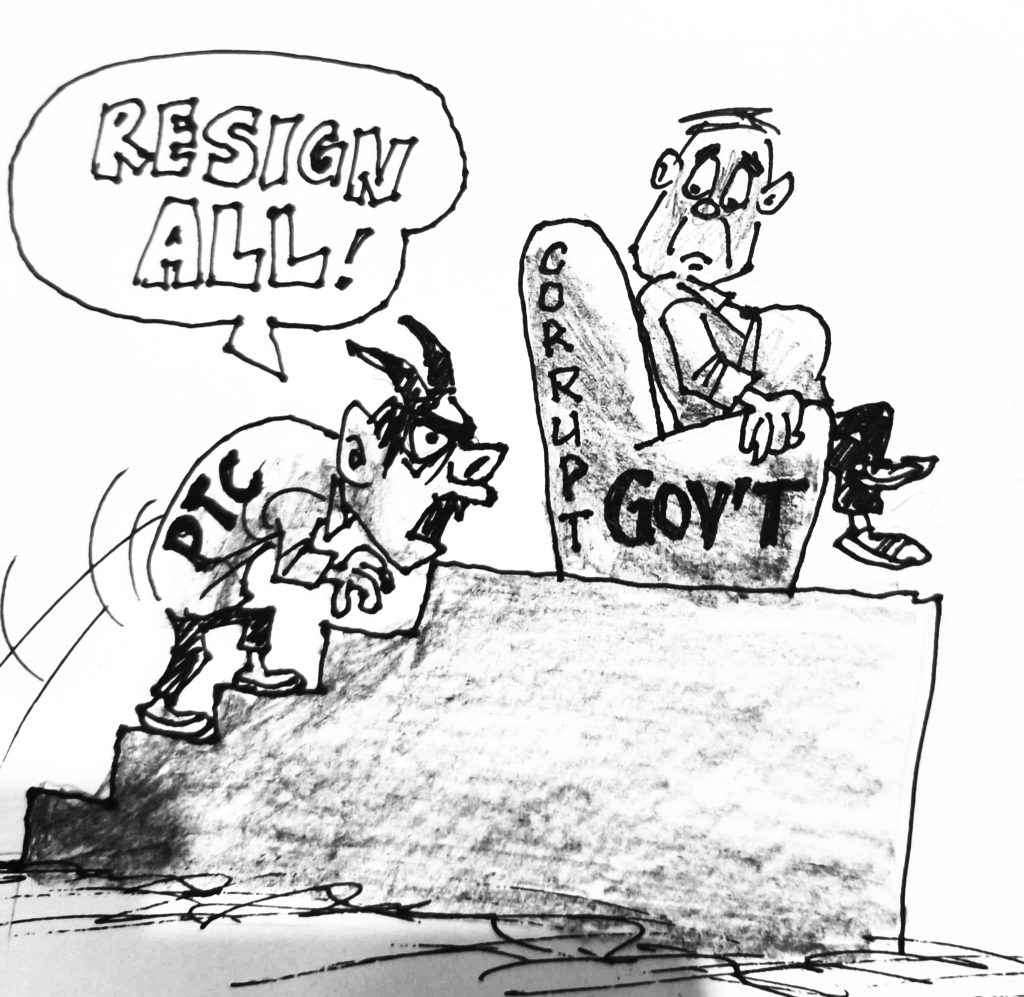The CPP-NPA-NDF’s clandestine push for a so-called People’s Transition Council (PTC) has stirred deep concern, especially among former rebel commanders who once served within its ranks. Accordingly, their warnings must be taken seriously, for the proposal signals a calculated move that threatens constitutional order.
These former NPA leaders understand the organization’s internal tactics better than anyone else. Their alarm over the PTC is rooted in long experience: the CPP has always thrived on political disorder, waiting for moments of institutional weakness to force its agenda. The current wave of corruption scandals, which has shaken public confidence in many government officials, has opened a doorway that the CPP is now attempting to pry wide open. By calling for a sweeping “resign all,” they seek to create a political vacuum that they alone intend to fill.
The PTC is being packaged as a harmless interim measure, but this is only the outer shell. Beneath it lies a blueprint for seizing authority outside constitutional succession, bypassing elections, and installing a command structure consistent with communist control. Former commanders are blunt about this: the PTC is not a bridge toward reform but a fast track for a takeover. It is designed to mimic legitimacy while quietly discarding democratic foundations, replacing them with the so-called People’s Democratic Republic of the Philippines—a label crafted to mask its actual ideological orientation.
What makes the situation dangerous is the CPP’s skill in exploiting instability. For decades, it has operated by infiltrating crises, intensifying unrest, and pushing narratives that weaken public faith in democratic institutions. The present environment, stained by scandals and public anger, is fertile ground for this strategy. The PTC is their Trojan horse—shaped to appear as a solution but intended to overturn the very system it pretends to rescue.
The way forward demands firmness, clarity, and vigilance. Government must confront corruption decisively to deny the CPP-NPA-NDF the instability it feeds on. At the same time, security institutions must expose and dismantle any attempt to replace lawful authority through deceptive political schemes. Public confidence must be restored through transparent governance, not surrendered to groups waiting in the shadows for the state to crumble.




